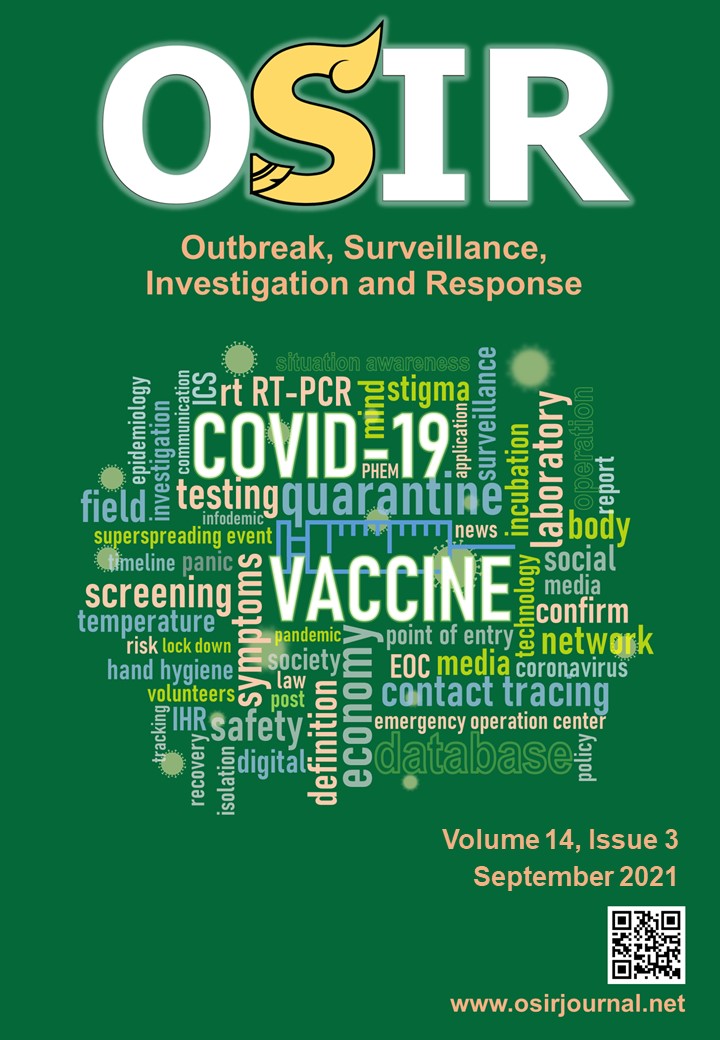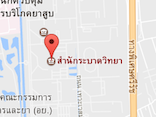Dengue Outbreaks in Abidjan: Seroprevalence and Cocirculating of Three Serotypes in 2017
Main Article Content
Abstract
Dengue fever is a major public health problem in the world, because it is especially endemic in the tropical and subtropical areas. Arbovirus infection is less well documented in African countries. We aimed to assess the distribution of patients in the dengue epidemic and the seroprevalence of different serotypes of the circulating dengue virus. A retrospective study included analyses of human blood samples sent to the National Reference Laboratory for diagnosis during dengue infection outbreak. Samples were screened by IgM capture ELISA (MAC-ELISA) or by RT-PCR. Of the 2,849 serum samples from suspected dengue cases, 2,297 (80.6%) were from Abidjan. The seroprevalence of dengue was (15.1%) during this epidemic. The seroprevalence of dengue virus serotypes in cocirculation was predominated by DENV-2 with 189 cases (6.6%), followed by DENV-3 77 cases (2.7%), and DENV-1 14 cases (0.5%). The seroprevalence in children was 8.7% compared to 19.0% in adults. The age group of 16 to less than 45 years accounted for 54.0% of total positive cases. In addition, positive peak was observed in July (28.3%) and Abidjan East was the most affected locality. The increasing trend of serotypes of the dengue virus cocirculation suggests that Abidjan is becoming a hyperendemic state from an endemic one.
Keywords: dengue virus, outbreaks, surveillance, National Reference Laboratory, epidemiology, Abidjan
Article in English


